Joined Up Approach: North of the Tyne Local Skills Accountability Board
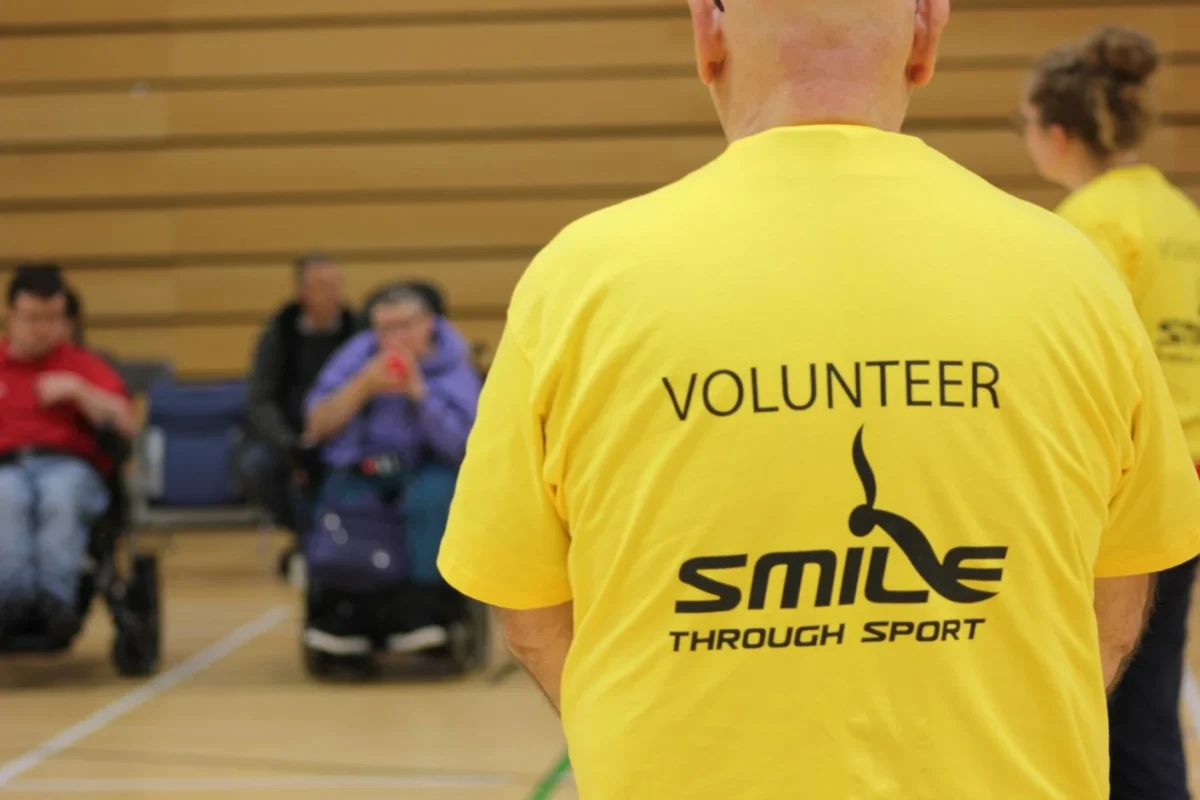
The North of the Tyne Sport and Physical Activity Local Skills Accountability Board has helped charitable organisations such as Smile Through Sport have an impact on the local college curriculum.
Local Skills Accountability Boards are responsible for developing and implementing local skills plans in their respective areas. These plans identify local skills gaps and define what is needed to help communities be more active, to make businesses thrive and to give those working in the sport and physical activity sector great career pathways and opportunities.
Creating a legacy
Founded by Paralympian Stephen Miller MBE, Smile Through Sport is a charity which aims to provide events and education around sport and physical activity to people with disabilities, at any age, across north-east England.
Rachel Miller is the Managing Director of Smile Through Sport, setting up the charity alongside her husband. Founded in 2013, Rachel explains the organisation’s services:
“We run events, sessions, competitions – anything that people can come to and take part in within sport. Alongside that, we do disability awareness training and upskilling peolpe so that they can work with disabled participants.”
How the legacy has grown
“When we started 11 years ago it was tiny – it was just me. The only equipment I had was one boccia set, and I used to wander around day centres and colleges and say ‘you can do sport, you can try this, it’s OK.”
“We grew massively, and by 2019 we were sustainable – the charity was going well. But then we were decimated by the pandemic, like most people. Because we worked with people in care homes and those that were really vulnerable to Covid-19, we just stopped completely. 2023 was our first year back delivering, so it took us three years to get up and running again.”
Joining the Local Skills Accountability Board
Rachel explains how the charity has utilised the opportunity of serving on the board to spread the word about their services:
“We do really good work and we can help lots of people to participate in sport and physical activity. We are also focusing a lot more on the education side of our organisation, so it made sense to connect with people who are training to work within sport, as we can upskill them.”
“Lots of people don’t know we exist, and we quite often forget to let people know when we’re just busy with our heads down working. To that end, we knew that we needed to start networking ans saying, ‘we’re over here, we can help’.
Andy Gray, CIMSPA Skills Hub Manager for North East of England, explains why he feels that Rachel’s presence and input on the board is crucial for a broader view of the sector:
“When I heard about Smile Through Sport, it made sense to get in touch with Rachel and ensure that we had her on the board for representation, making sure that we are an inclusive board. For me, it was really important to have her knowledge and expertise brought to the table.”
Collaborating within the board: The story so far
Rachel runs through how, since joining the board in early 2024, Smile Through Sport has been able to benefit:
“We’ve since been able to link up with colleges and run six events which college students have attended. We’ve also been involved in shaping a college’s curriculum from an inclusion point of view. Going forward, next year, we will be visiting three colleges where we will be contributing to the content of one of their courses, by tutoring on disability awareness.
“Looking ahead, we are hoping to trial a collaborative project to rewrite a level 1 qualification for coaching and pilot it. The aim is that it can be delivered as part of a college course and students can come out of college with the qualification to increase employability.”
Eyes on the sector workforce
A crucial element of the Local Skills Accountability Boards’ role involves looking at the current and future workforce of our sector. By enabling key crucial stakeholders to have an input on course curriculum, we can ensure that training and education is delivered to a high standard. This will meet the criteria for the future workforce to be successful in employment, as well as promoting and implementing inclusivity across the sector.
Through the work carried out by the boards, organisations like Smile Through Sport have had a much greater platform from which to reach out to students, potential workforce and volunteers.
Smile Through Sport also approach recruitment rather untraditionally – instead of the CV-and-interview recruitment process, they observe an individual’s personality and skills in situ, in an environment that they are looking to work in. Using this more practical assessment method, they hope to bring out the exact qualities that are desired for the role.
“Someone might not necessarily be able to tell you what they can do on a CV, so I don’t put a lot of stock into formal resumes and application forms.
“It’s when I see that person delivering and doing – that’s how I know they’re the right fit. I’m not really that bothered if they can’t communicate this on a piece of paper. If they can deliver a coaching session, then that’s who I want – seeing people in action means more to me. Our link with the board has enabled us to do this with access to students.”
Looking forwards
Joining the board has proven crucial to the organisation, providing a doorway that enables Smile Through Sport to travel towards becoming a sustainable charity.
When asked what more she hopes to gain from the board, Rachel answered:
“We’d just like to have continuity of the charity’s success. It’s important that we maintain the motivation within the organisation to drive forwards with the work we are already doing and hope to grow in the future.”

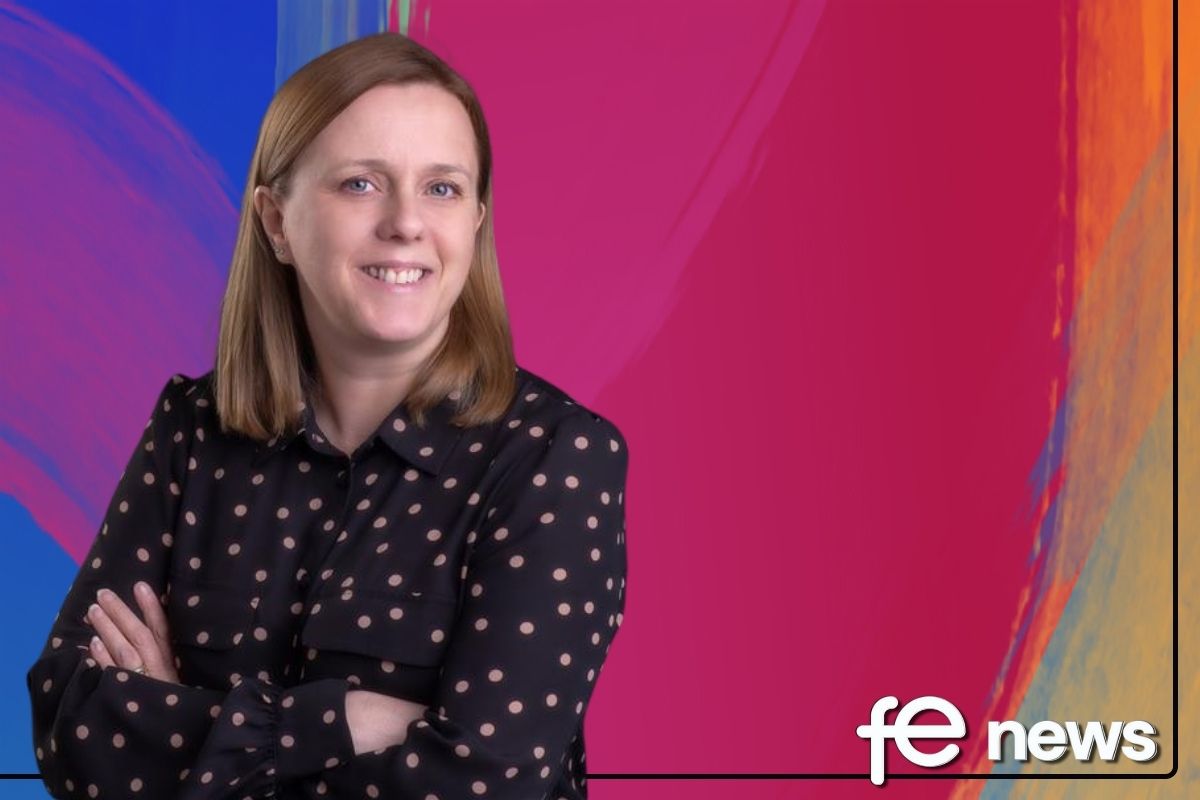

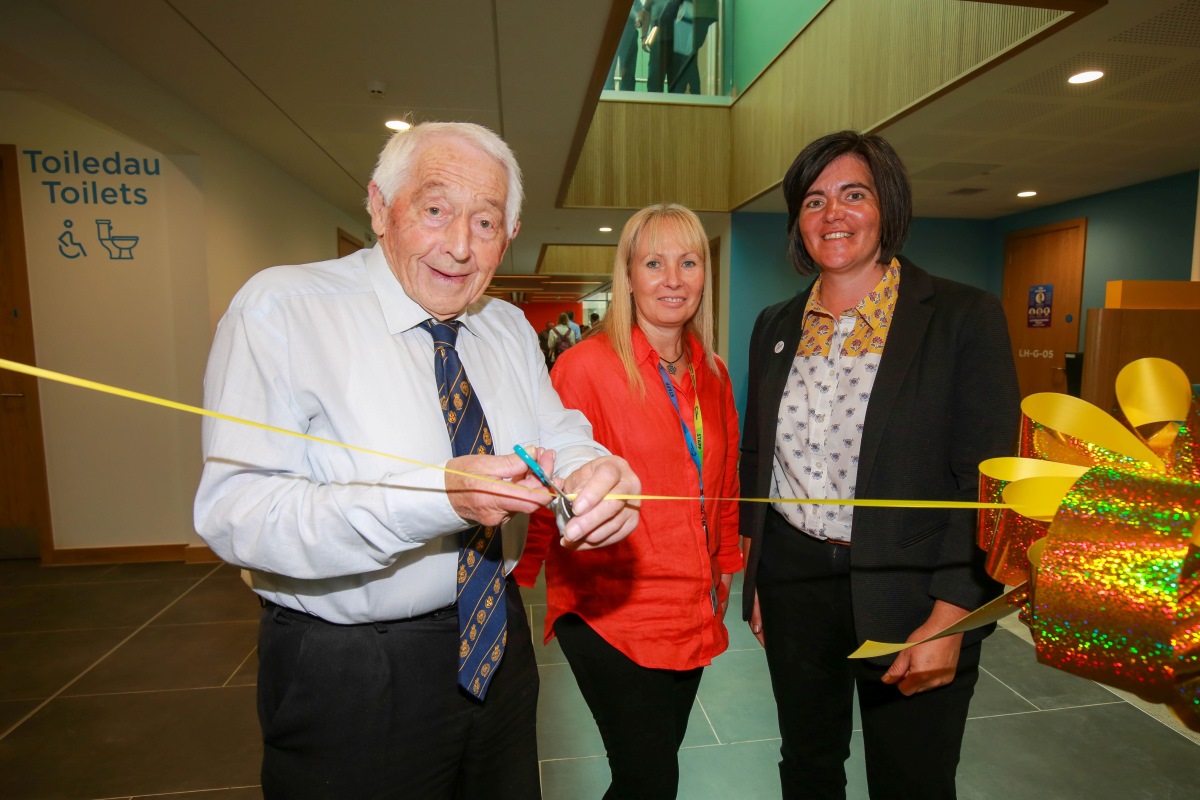

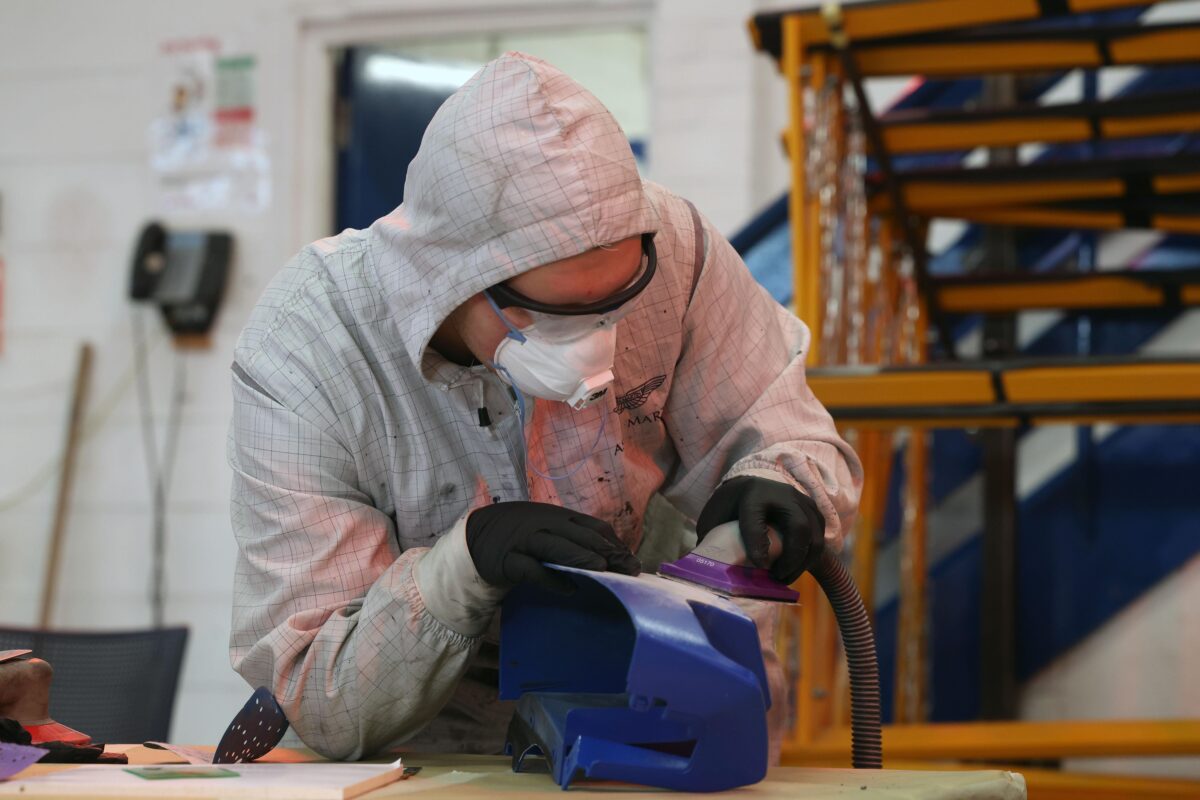
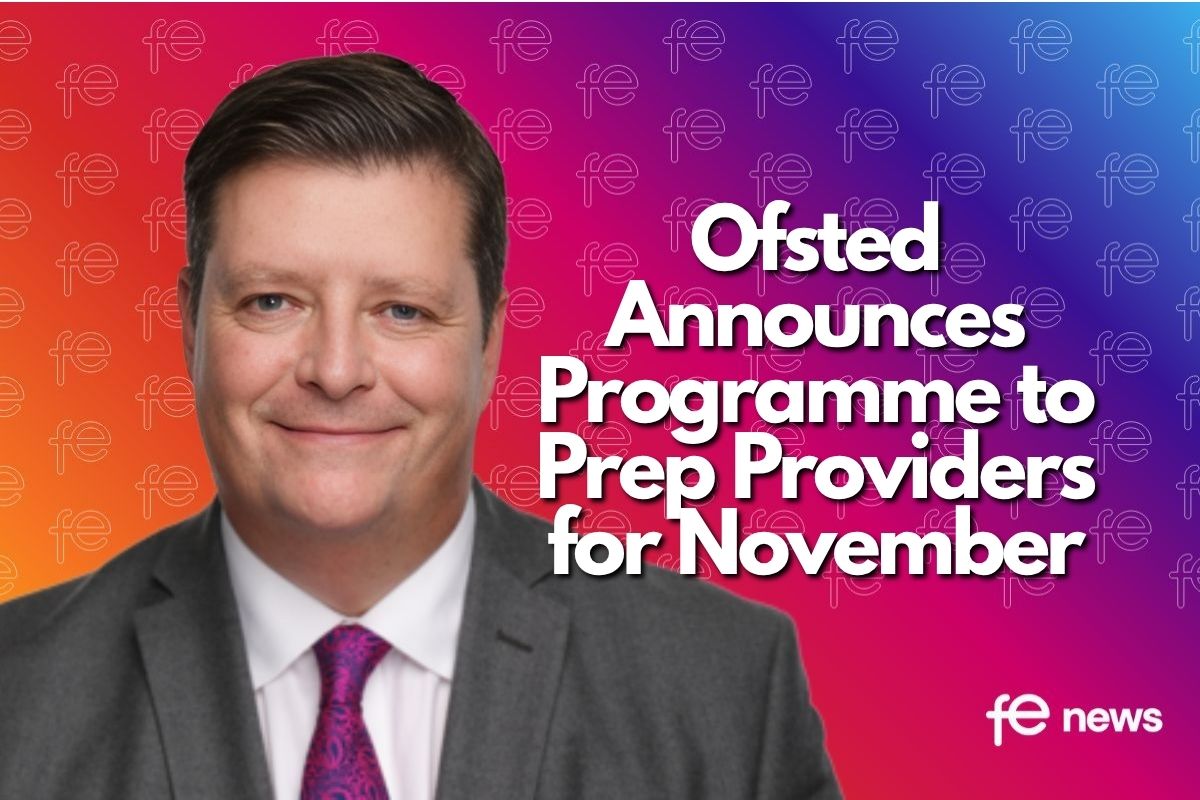

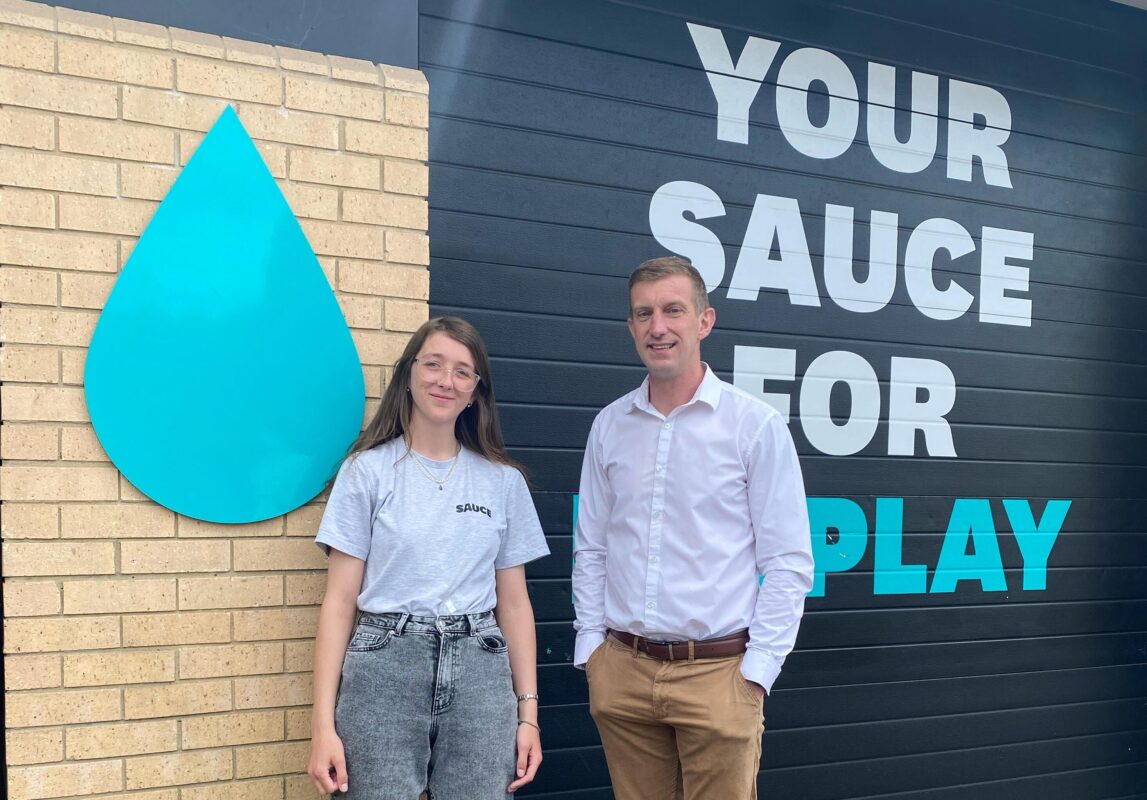



Responses